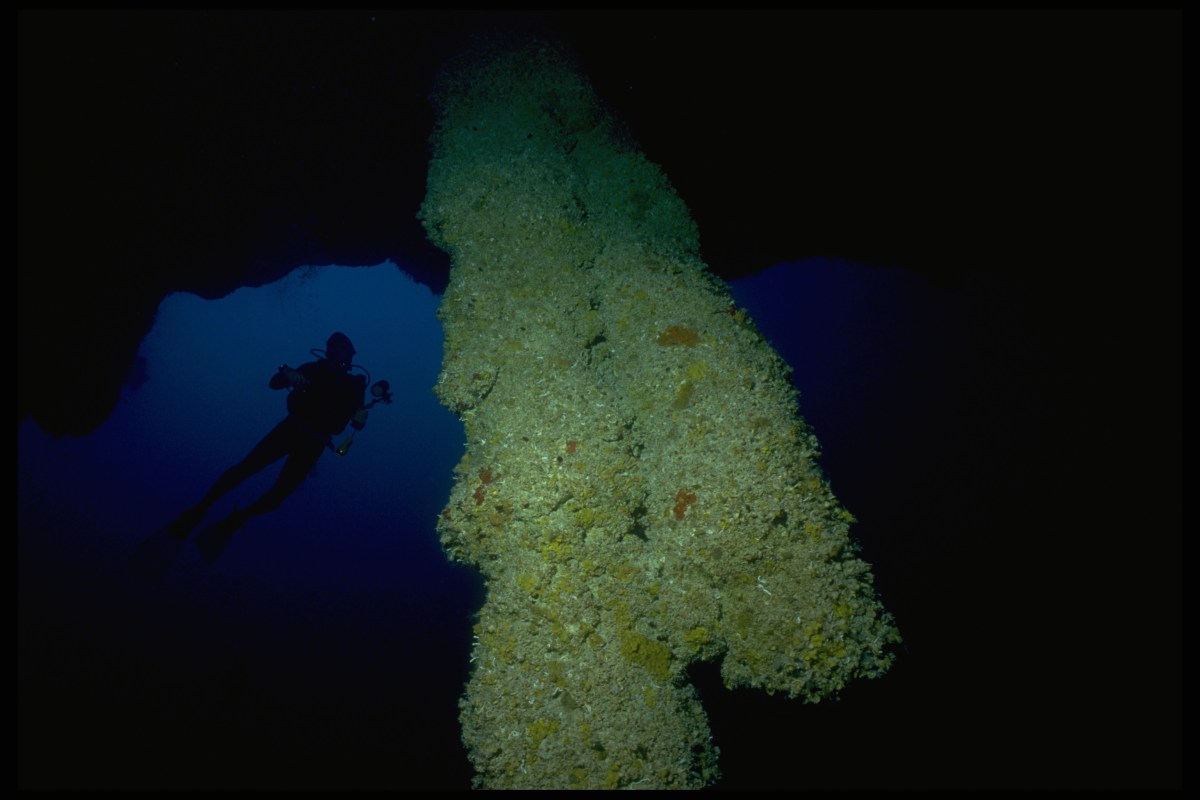Newsweek reports that billionaire entrepreneur and explorer Richard Branson recently found plastic refuse at the bottom of the “Great Blue Hole,” the world’s largest ocean sinkhole.
Accompanied by Fabien Cousteau, Jacques Cousteau’s grandson, Branson recently visited the UNESCO World Heritage Site, which part of the Belize Barrier Reef Reserve System. During the expression, the wealthy environmental enthusiast discovered plastic bottles at the bottom of the 410-feet-deep hole.
“The Blue Hole is made of a complex system of caves that once formed on dry land.” Branson wrote in a blog post. “It is proof of how oceans can rise quickly and catastrophically. Sea levels were once hundreds of feet lower. 10,000 years ago the sea level rose by about 300 feet when a lot of ice melted around the world. At 300 feet down you could see the change in the rock where it used to be land and turned into sea. It was one of the starkest reminders of the danger of climate change I’ve ever seen.” he adds.
Some estimate that eight billion tons of plastic have been manufactured and most of it is thrown out as trash, so it wasn’t shocking for Branson to make this discovery. The billionaire says plastic bottles are the “real scourge” of our world’s oceans and adds, “we’ve all got to get rid of single-use plastic.”
This isn’t the first time plastic, including single-use plastics, has been found in the unlikeliest of places on the planet. Plastic has been discovered in Arctic sea ice, on top of Swiss mountains and and more than 3 miles below the ocean’s surface in deep sea sediment and most alarmingly, plastic has recently been discovered, around the world, in human feces.
Thanks for reading InsideHook. Sign up for our daily newsletter and be in the know.


















